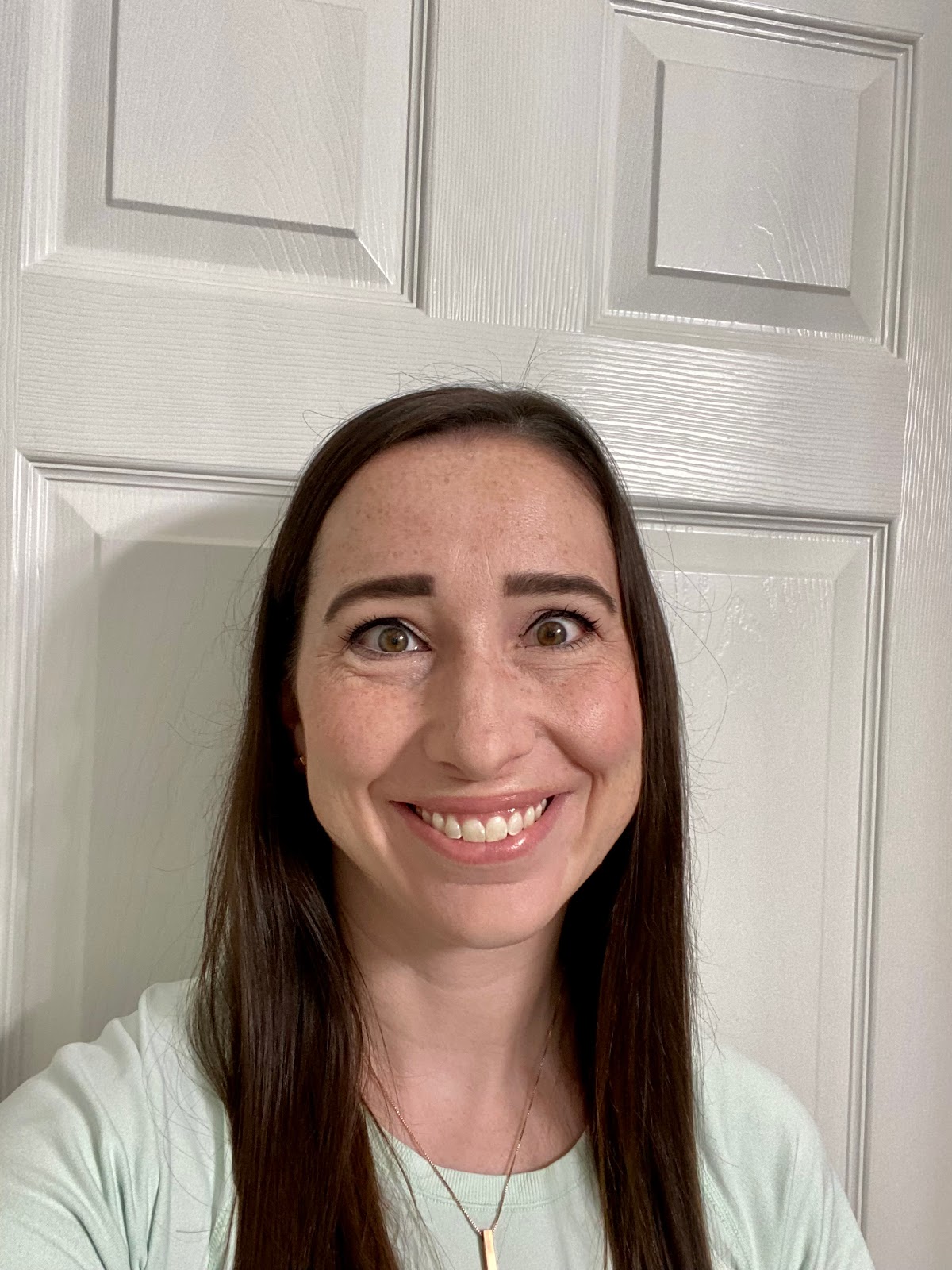In our stay at the children's hospital, we saw nurses, pediatricians, and this lactation consultant, but do you know what was never offered to us or even brought up or discussed?
A mental health professional.
Think about it: you have two brand-new parents with a four-day-old baby with many health issues unexpectedly in the children's hospital. The mother of this child already has documented mental health challenges and, like all new mothers, is at risk for post-partum mental health issues as well. To me, it's a no-brainer that some sort of mental health professional should be provided to us as parents. But no one ever came.
According to the Centers for Disease Control, 1 in 9 women experiences post-partum depression. Additionally, these statistics vary by state, so in some states that number is as high as 1 in 5 women. (Source.) Post-partum mental health challenges can lead to everything from hopelessness and irritability to thoughts of harming oneself or one's baby. I think we can all agree that this is such an important issue -- as is general mental health in the United States, not just post-partum -- and it's important to closely monitor all new mothers. I would think maybe it's extra important to monitor mothers whose babies are experiencing scary health issues.
I feel fortunate because having dealt with mental health challenges for years before pregnancy, I already know signs to watch for in myself as well as have medication and a counselor who has known me for almost a year. But what about women who may, thankfully, have never experienced any sort of mental health challenge before and, therefore, don't know what to look for or understand what is going on with them?
I don't know what the solution is, and I don't pretend to. It was just something that hit me after how important it seemed to be to the hospital that I see a lactation consultant, yet my mental health -- and Joe's -- was never discussed or asked about.
 |
| Finally home after two hospital stays. |




This comment has been removed by a blog administrator.
ReplyDelete